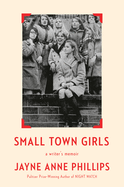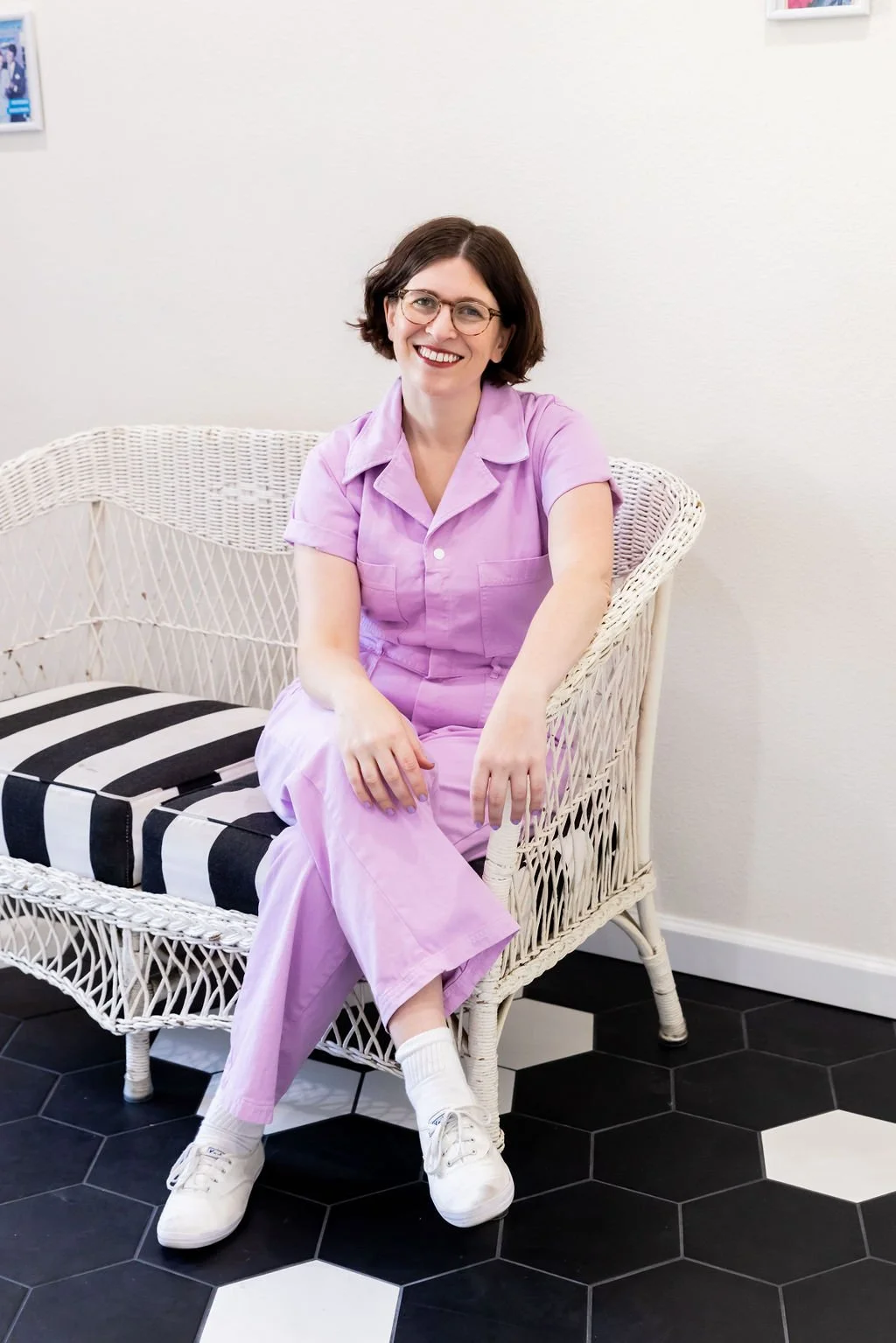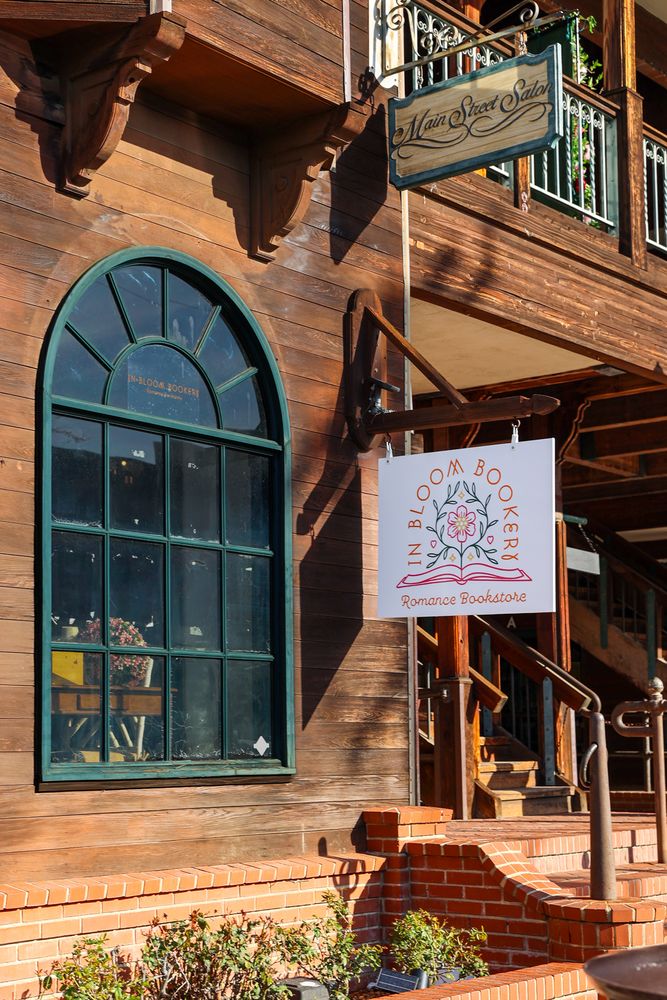Wi2026: Author Events and Censorship
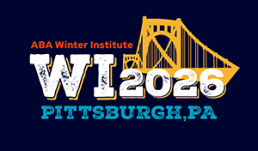 "We've seen threats of violence, online harassment, in the attempt to intimidate people into canceling events," said Philomena Polefrone, associate director of American Booksellers for Free Expression, during Winter Institute 2026 in Pittsburgh, Pa., last week.
"We've seen threats of violence, online harassment, in the attempt to intimidate people into canceling events," said Philomena Polefrone, associate director of American Booksellers for Free Expression, during Winter Institute 2026 in Pittsburgh, Pa., last week.
Polefrone served as moderator for a panel discussion about author events and censorship that included Sofia Brekkan, events manager at Elliott Bay Book Company, Seattle, Wash.; Angie Zhao, events and marketing manager at bbgb books, Richmond, Va.; and Shane Mullen, event coordinator at Left Bank Books, St. Louis, Mo.
"We've seen protests that happen at events, disruptions of those events," Polefrone continued. "All of these--and you want to be really clear here--these are forms of censorship. That kind of intimidation, fear tactics, that is how people generally censor bookstores."
Brekkan reported that Elliott Bay Book Company hosts around 400 events per year and has experienced many forms of pushback. It can range from being flooded with e-mails and social media comments to in-person protests at events or having the store vandalized. As an example, Brekkan mentioned a recent event with an anti-Zionist Jewish author. Before the event, the store received about 500 e-mails in the span of two hours, and the day of the event, staff arrived at the bookstore to find it was covered with graffiti and posters (she noted that the event ended up being "hugely successful").
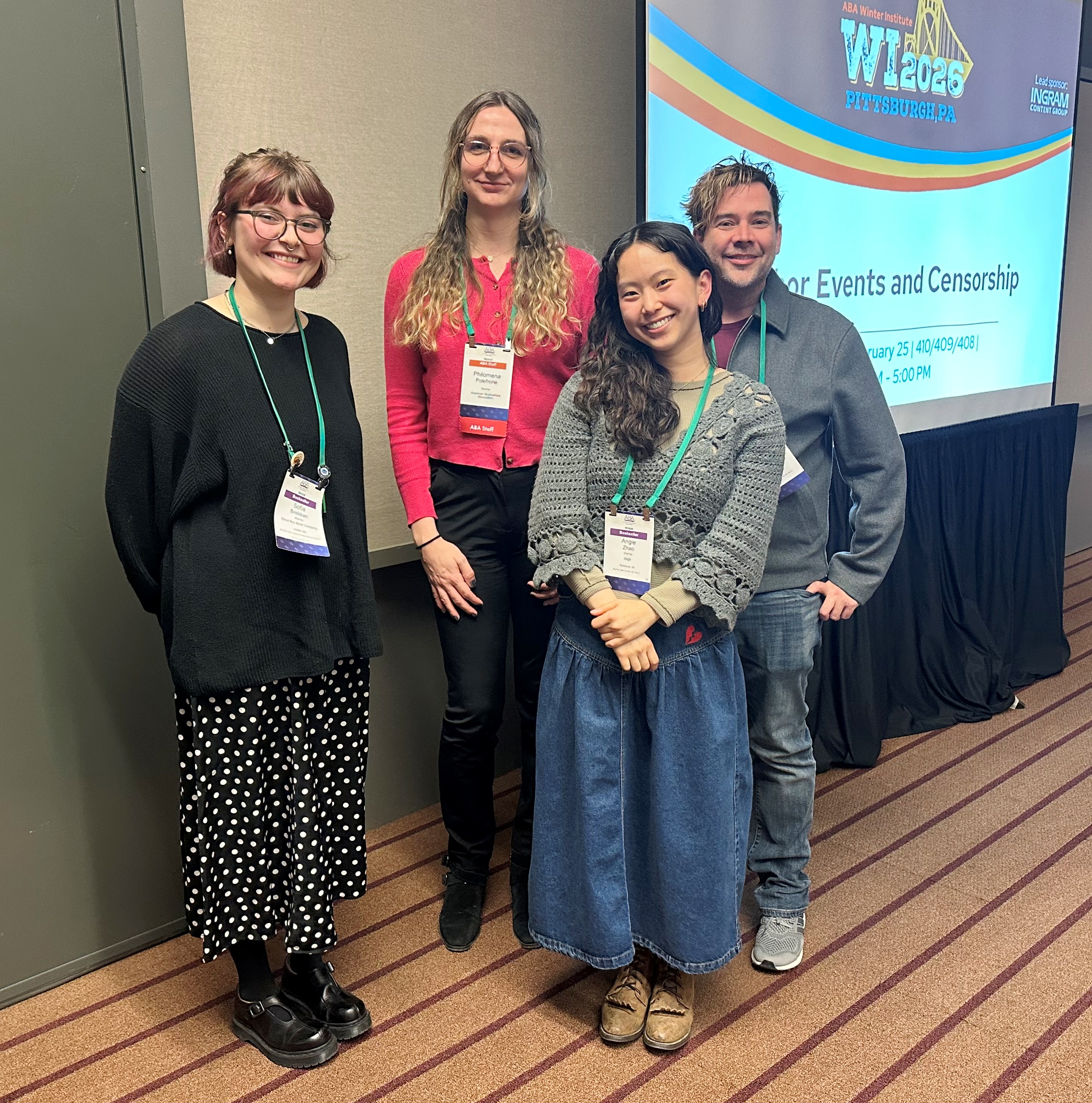 |
|
| From left: Sofia Brekkan, Philomena Polefrone, Angie Zhao, Shane Mullen | |
The store hasn't had to cancel events outright due to security concerns, Brekkan said, though Elliott Bay has occasionally brought in outside security, particularly to off-site events. Brekkan emphasized the importance of transparency in these situations, saying that it shouldn't just be the person running the event who knows what's going on--everyone at the bookstore should be involved. It is also essential to be upfront with authors, and Elliott Bay will usually reach out to them, tell them what the store is facing, and ask how they'd like to proceed.
Brekkan also brought up a relatively new wrinkle that has emerged in the past nine months or so: Elliott Bay has had to cancel events with about a half dozen Canadian authors after they were unable to get the correct paperwork to cross the border.
As a children's bookstore, Zhao said, a huge part of bbgb's model relies on school author visits. The store works with about four or five authors per month, placing them at various schools, and the "number one challenge" the bookstore has run into is the last minute cancellation of author visits. Zhao noted that the cancellations tend to follow a "recognizable pattern." Often they are incited by a small group of very vocal parents, sometimes only one parent, who brings up an issue at the last minute with a school administrator and manages to "dismantle" the visit for the entire school.
Logistically, a last-minute cancellation is a "nightmare," and there are few opportunities to "pivot" as one might with other types of events. What bbgb tries to do when a cancellation occurs, Zhao said, is to focus on "making sure that the relationships within this event are cared for." That includes communicating with the author and publicist as well as informing families, many of whom might have already purchased or preordered a book, and trying to answer whatever questions they may have. In those instances the bookstore tries to be as transparent as possible about the reasons for the cancellation and always encourages parents to reach out to their schools about it.
Her biggest takeaway, Zhao continued, has been the value of preparation. Having a plan in place will keep the staff steady "when and if the pressure comes," and the store has taken some proactive measures by implementing an event agreement form that schools must sign when confirming an author visit. The agreement outlines the expectations of the partnership and includes the store's cancellation policy, which states that if schools cancel the visit within 30 days, they must meet the book purchase minimum. The agreement gives the store "some level of protection" and makes schools not treat cancellation so casually.
Left Bank Books, which does around 200 author events per year, has experienced all manner of censorship attempts, Mullen said. That includes protests, threats, online trolling, vandalism, and sudden cancellations by off-site venues. The store typically requires RSVPs for larger or more politically-sensitive events and sometimes checks RSVPs at the door. That way, if anything does happen, the staff will be "pretty aware of who might be causing it." And given that St. Louis is in a bit of a "blue bubble," seeing a bunch of RSVPs for an event from people outside the area can be an early indicator that it has been "picked up by some people that are wanting to cause disruption."
When it comes to responding to censorship attempts, Mullen said he is "all about the pivot." As an example, Mullen cited a longstanding event series with a local university. After it became clear that one particular event would draw protestors, the university said it could not take place on campus due to unspecified electrical issues. "We knew exactly why they were canceling the event," Mullen said; and the bookstore pivoted to doing an in-store meet and greet instead. Left Bank Books also ended the partnership with the university. Sometimes, pivoting also means adding outside security; the store has gotten publishers to pay for extra security before, and Mullen noted that it was worth asking.
Being in Missouri, the store has sometimes been in conversation with trans authors reluctant to visit the state, as it is "not a friendly state in a lot of ways." In those instances, the bookstore offers reassurance that while Missouri is not friendly, St. Louis is, and there are ways to provide safety and security. The team also stresses that Left Bank is a queer-owned bookstore, and "we are here living this life every day." --Alex Mutter











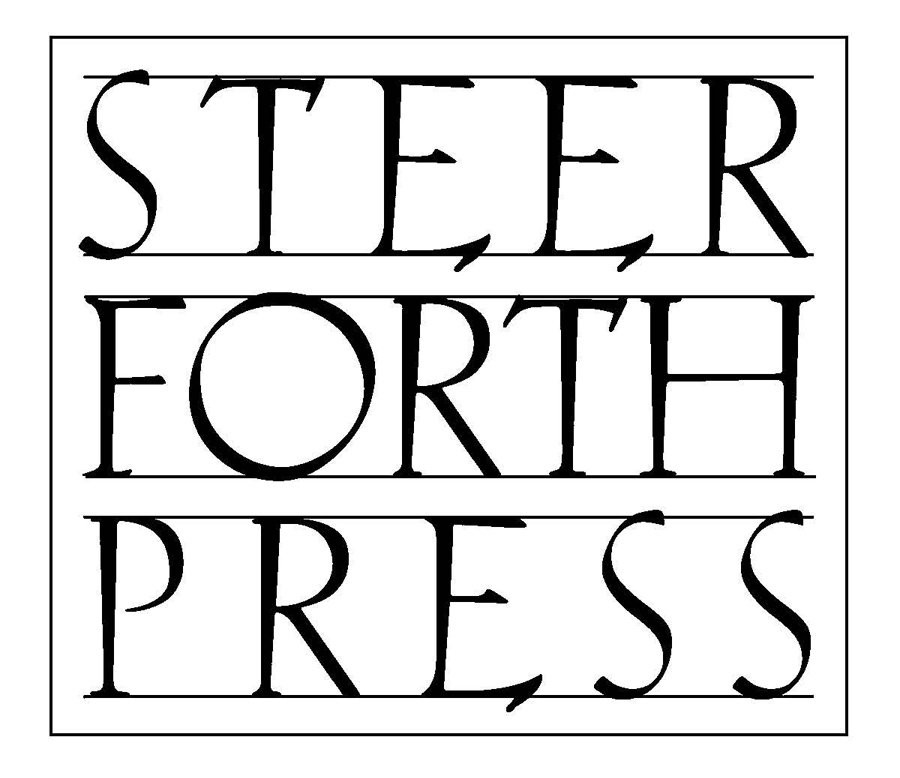 Steerforth Press has become an imprint of Pushkin Press US, two years after its
Steerforth Press has become an imprint of Pushkin Press US, two years after its 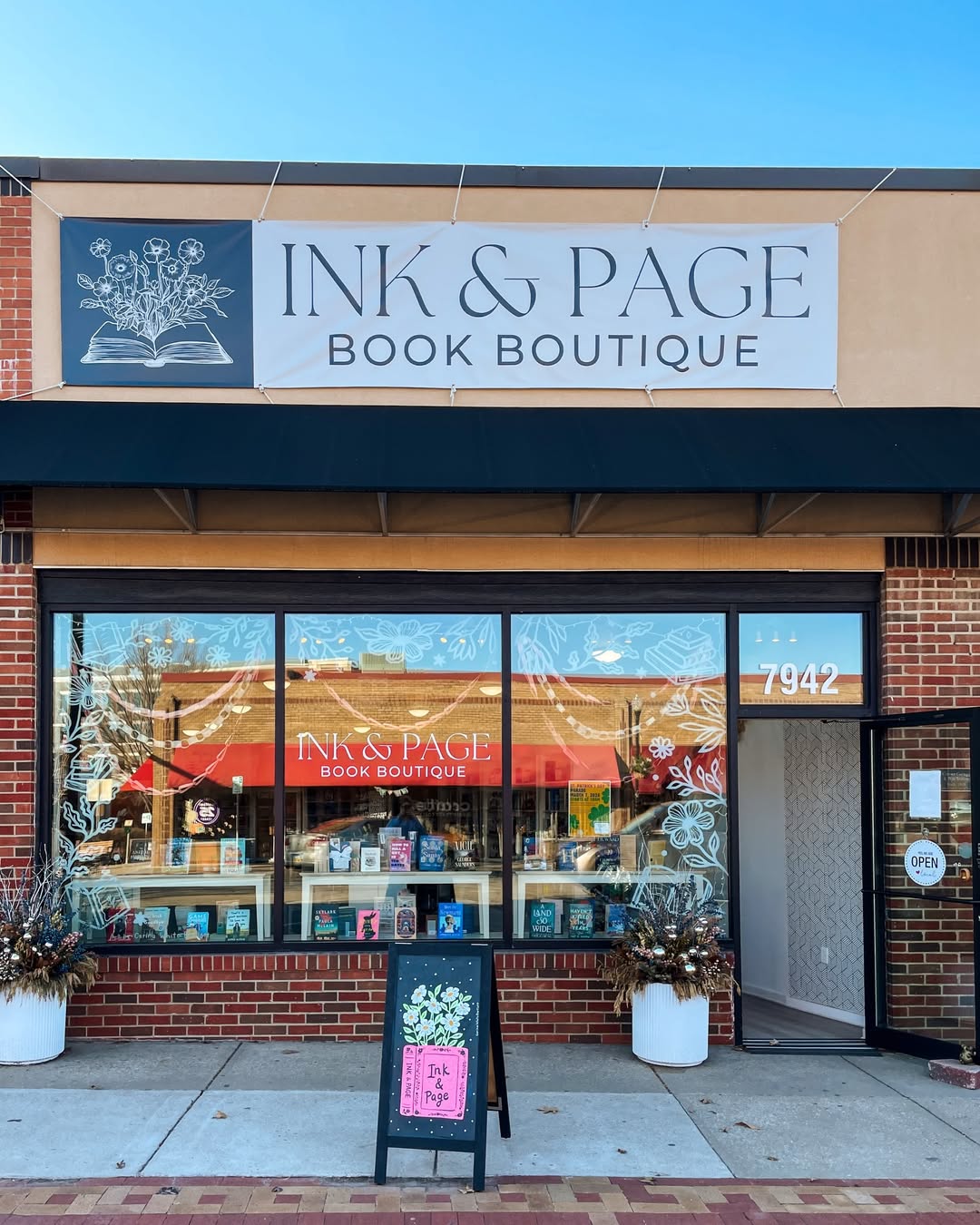
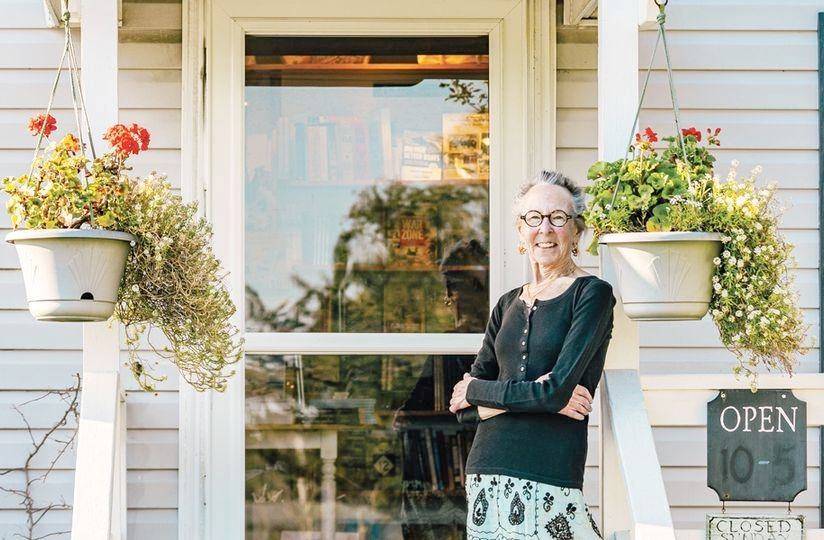
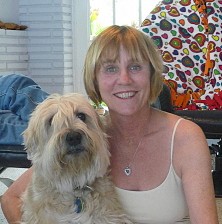
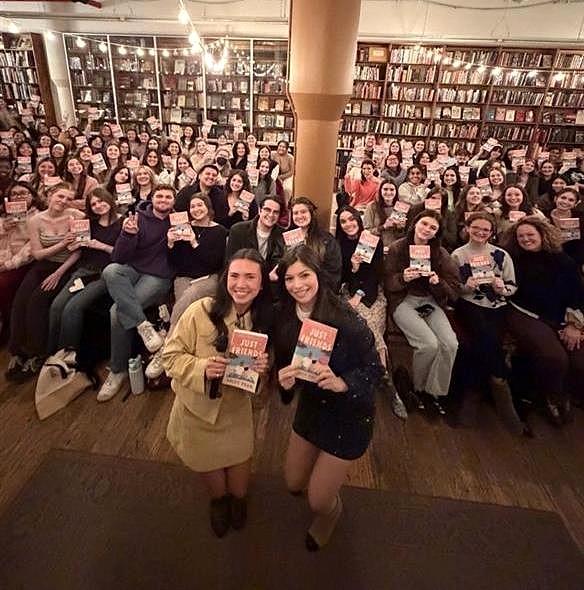 Haley Pham (left) celebrated the launch of her debut novel, Just Friends (Atria), with a sold-out event at the Strand in New York City. She was in conversation with Alex Aster.
Haley Pham (left) celebrated the launch of her debut novel, Just Friends (Atria), with a sold-out event at the Strand in New York City. She was in conversation with Alex Aster.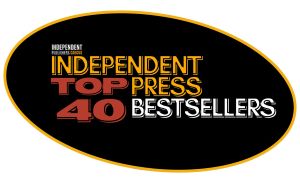
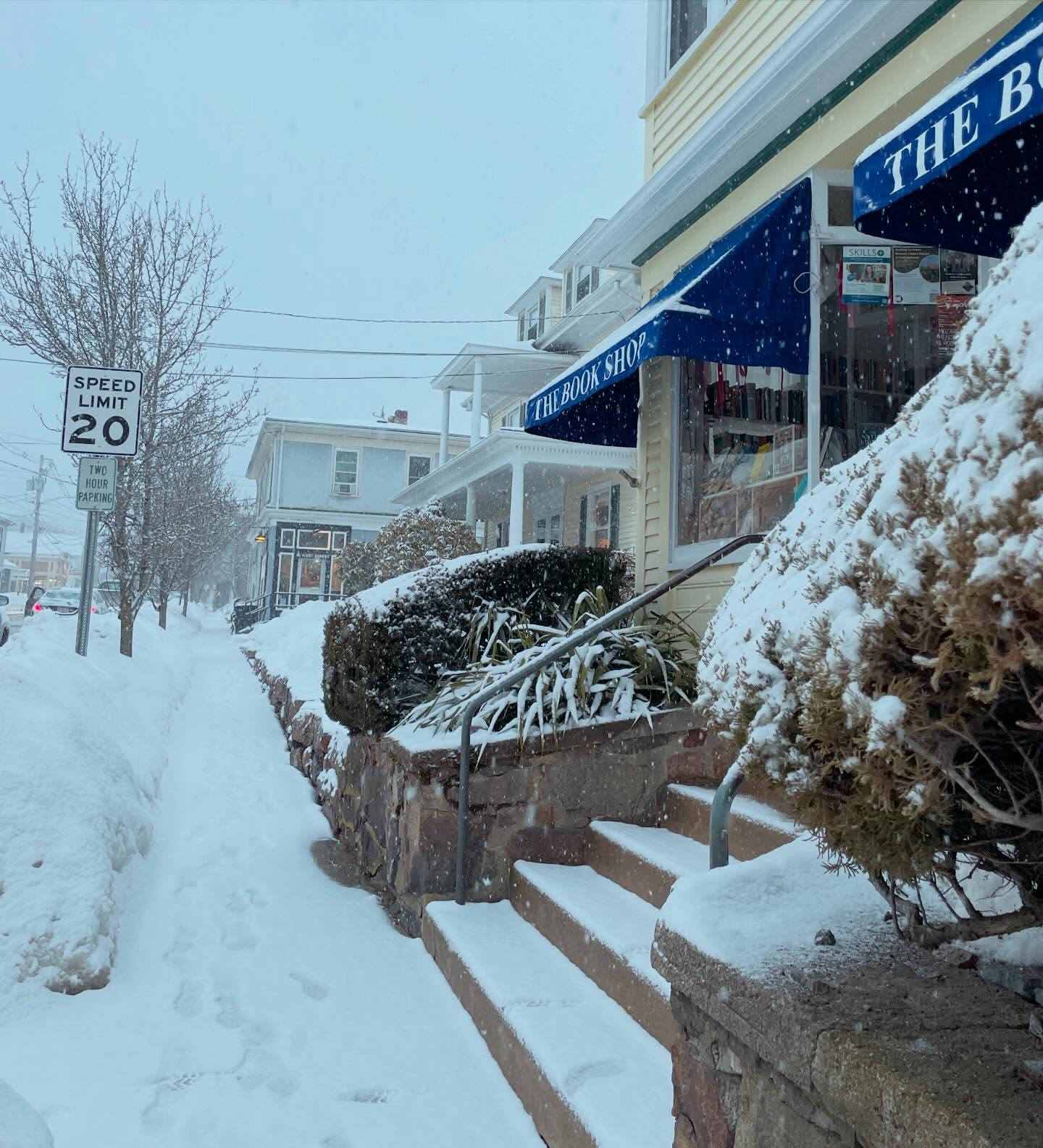 "Let’s just say
"Let’s just say 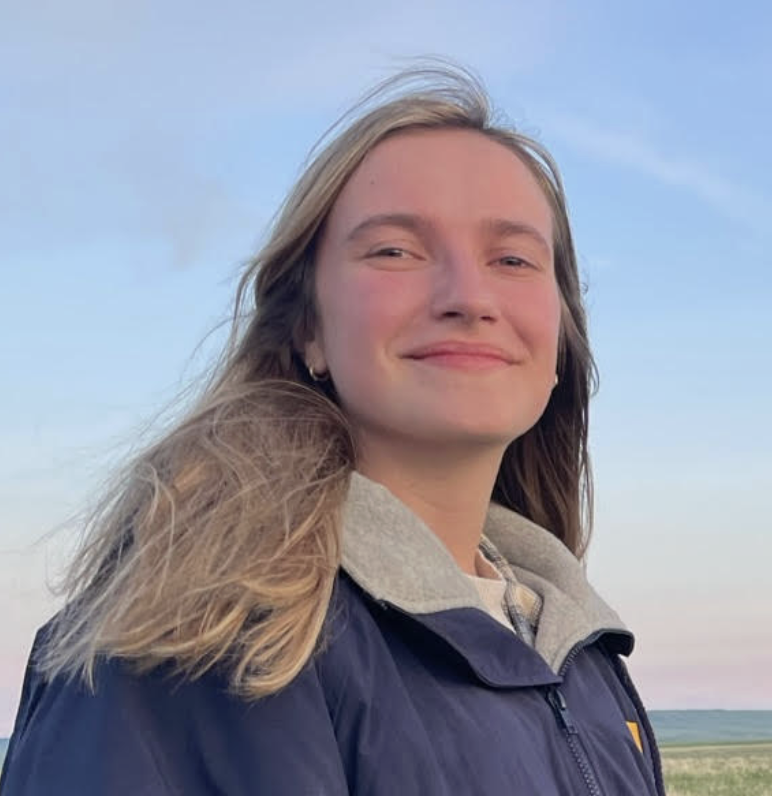
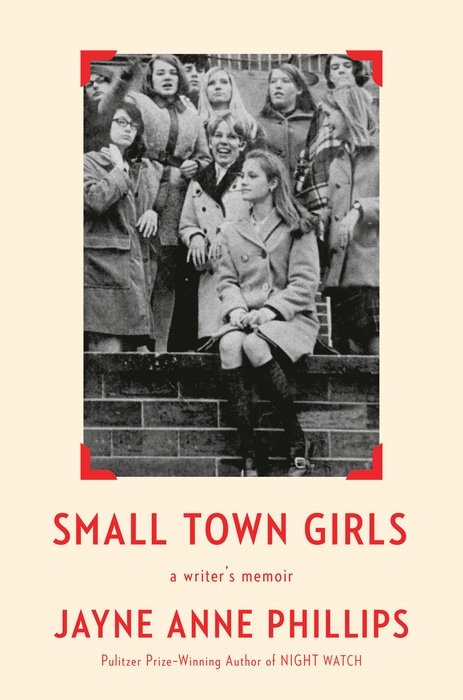 Though the Pulitzer Prize she received for her 2023 novel, The Night Watch, was well deserved, it didn't take that honor to confirm Jayne Anne Phillips's status as one of America's preeminent contemporary fiction writers. But in a career that has spanned nearly 50 years, Phillips has never produced a work of nonfiction. Small Town Girls, her varied and confiding memoir in essays, remedies that omission and further demonstrates the breadth of her talent.
Though the Pulitzer Prize she received for her 2023 novel, The Night Watch, was well deserved, it didn't take that honor to confirm Jayne Anne Phillips's status as one of America's preeminent contemporary fiction writers. But in a career that has spanned nearly 50 years, Phillips has never produced a work of nonfiction. Small Town Girls, her varied and confiding memoir in essays, remedies that omission and further demonstrates the breadth of her talent.